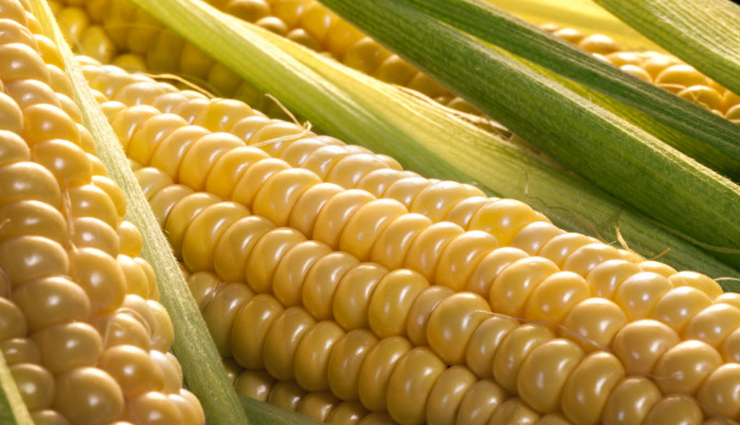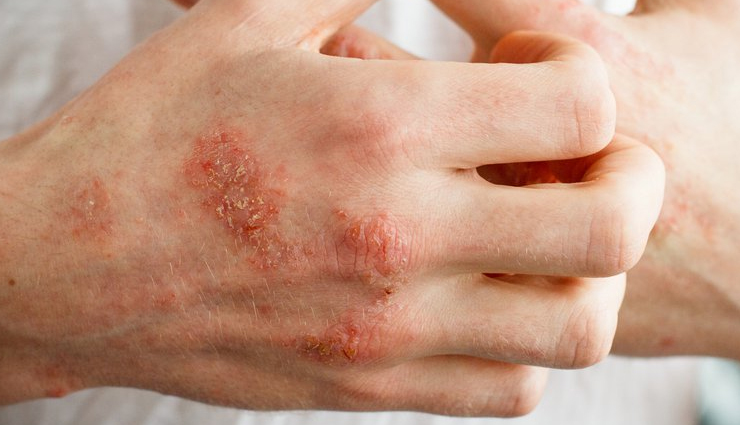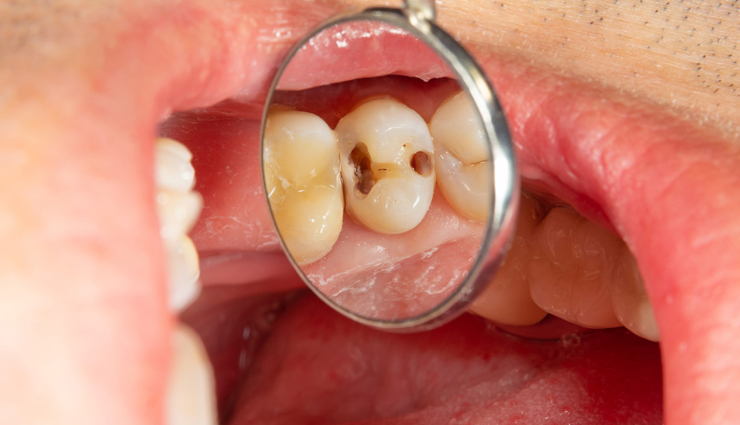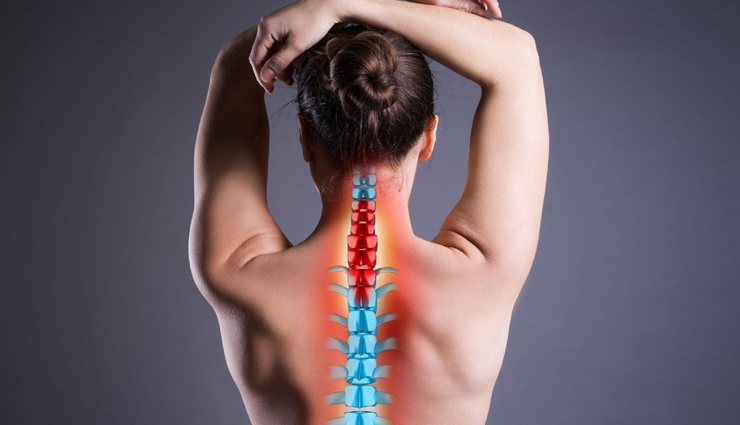- Home›
- Healthy Living›
- 11 Surprising Side Effects Of Corn
11 Surprising Side Effects Of Corn
By: Priyanka Maheshwari Mon, 23 Oct 2023 10:27:05

Corn: it's delicious, versatile, and nutritious. But hold on, is there a flip side to this golden grain? Despite its widespread appeal, overindulgence in corn might not be as harmless as it seems. Before you load up your plate, consider the potential pitfalls associated with excessive corn consumption.
First things first, let's debunk a common misconception: corn isn't a vegetable, it's a grain! Originating from Mexico and Central America, this grain has become a global staple. From roasting to boiling and even pureeing, there are countless ways to enjoy it. Interestingly, the vibrant yellow corn we know today is a product of agricultural progress. Its wild ancestor sported hues of purple, brown, and blue.
While corn's sweetness might tempt you to include it in every meal, it's essential to be aware of the risks linked to overindulgence. These side effects typically rear their heads only with excessive consumption or if you're predisposed to certain disorders. Let's take a closer look at the potential health concerns tied to a corn-heavy diet.
Top 11 Side Effects Of Corn

# Allergic Reactions
Eating corn can trigger allergies, manifesting as skin rashes, irritation, mucous membrane swelling, vomiting, nausea, dizziness, and headaches. Some individuals even experience asthma attacks and anaphylaxis post-corn consumption. These allergic reactions stem from ingestible proteins found in corn. It's crucial to be aware of these potential health issues if you have a sensitivity to corn products.

# Risk Of Pellagra
Corn, a dietary mainstay for many, can pose a risk of pellagra if consumed excessively. Pellagra, a condition caused by vitamin deficiency, particularly niacin, can result from a diet overly reliant on corn. Corn lacks essential amino acids like lysine and tryptophan, as well as niacin, which are vital for preventing pellagra. If corn constitutes a significant portion of your diet, it's essential to supplement with foods rich in these vitamins to safeguard against this deficiency.

# Not Good For Diabetics
Corn can negatively impact individuals with diabetes by raising blood sugar levels. Due to its high carbohydrate content, consuming corn can cause significant spikes in blood sugar. Therefore, it is advisable for people with diabetes to limit their intake of corn and avoid consuming it in large quantities to manage their blood sugar effectively.

# Causes Bloating And Flatulence
Corn is rich in starch, and when consumed, it breaks down in the large intestine, producing substantial amounts of gas. Therefore, excessive consumption of corn can lead to bloating and flatulence due to the gas buildup in the digestive system.

# Causes Indigestion And Stomach Upset
Corn is a valuable source of fiber and essential nutrients, aiding in nutrient absorption and detoxifying the body. However, an excessive intake of these fibers can have adverse effects on your stomach, especially if you're not properly hydrated. Inadequate water intake can lead to constipation as the fibers absorb water, making stools hard and difficult to pass. Even when consuming cereals in large quantities, digestive problems and stomach cramps can arise. It's crucial to monitor your corn intake in various forms and ensure you maintain proper hydration to enjoy its benefits without discomfort.

# Causes Intestinal Irritation And Diarrhea
Consuming raw corn is not recommended as it can cause diarrhea 55. Additionally, corn has been associated with various intestinal disorders. If you experience symptoms that raise concern, it's advisable to consult a healthcare professional for proper evaluation and guidance.

# May Cause Tooth Decay
Corn contains a significant amount of sugar, and processed, cooked, or boiled corn can contribute to tooth decay in certain individuals. While this side effect is relatively rare, it shouldn't be overlooked. It's essential to maintain good oral hygiene, including brushing your teeth after consuming corn, to minimize the risk of dental issues associated with its sugar content.

# May Cause Osteoporosis
Individuals relying heavily on a corn-based diet may be at risk of osteoporosis due to corn's low calcium content. However, this concern is valid only if the corn diet isn't supplemented with adequate calcium-rich foods. Proper supplementation can mitigate the risk of calcium deficiency associated with a corn-centric diet.

# Increases Weight
As previously noted, corn is rich in sugar and carbohydrates. Excessive consumption of corn can undoubtedly contribute to weight gain. Therefore, individuals following a diet plan should steer clear of corn to manage their weight effectively.

# Leads To Lethargy
Corn is abundant in starch, which, if consumed excessively, can result in fatigue, weakness, drowsiness, and overall lethargy. It's important to be mindful of starch intake to maintain energy levels and overall well-being.
# Corn Sensitivity
Corn contains lectins and zein proteins that can trigger immune responses, leading to corn sensitivity in susceptible individuals. When these components are perceived as threats by the immune system, it triggers an inflammatory response as a defense mechanism. Inflammation might result in various symptoms, ranging from digestive discomfort to more severe issues in sensitive individuals. While not everyone experiences these effects, individuals suspecting corn sensitivity should consult a healthcare professional for proper diagnosis and treatment options. Nevertheless, further research is needed to fully understand the extent of these inflammatory responses.
These potential side effects of excess corn consumption can often be mitigated with a well-balanced meal. For the remaining concerns, it's crucial to monitor portion sizes to avoid adverse effects.





